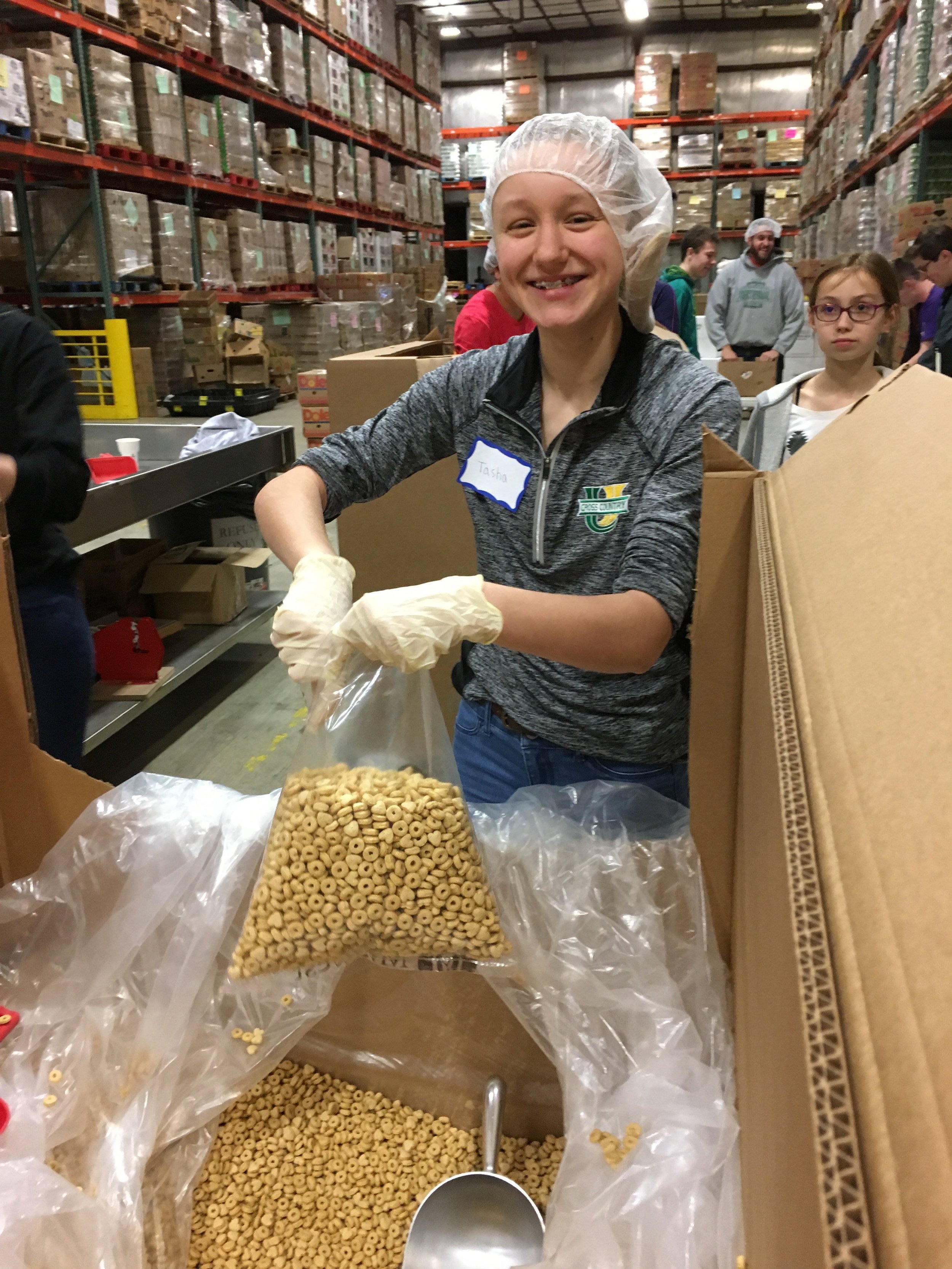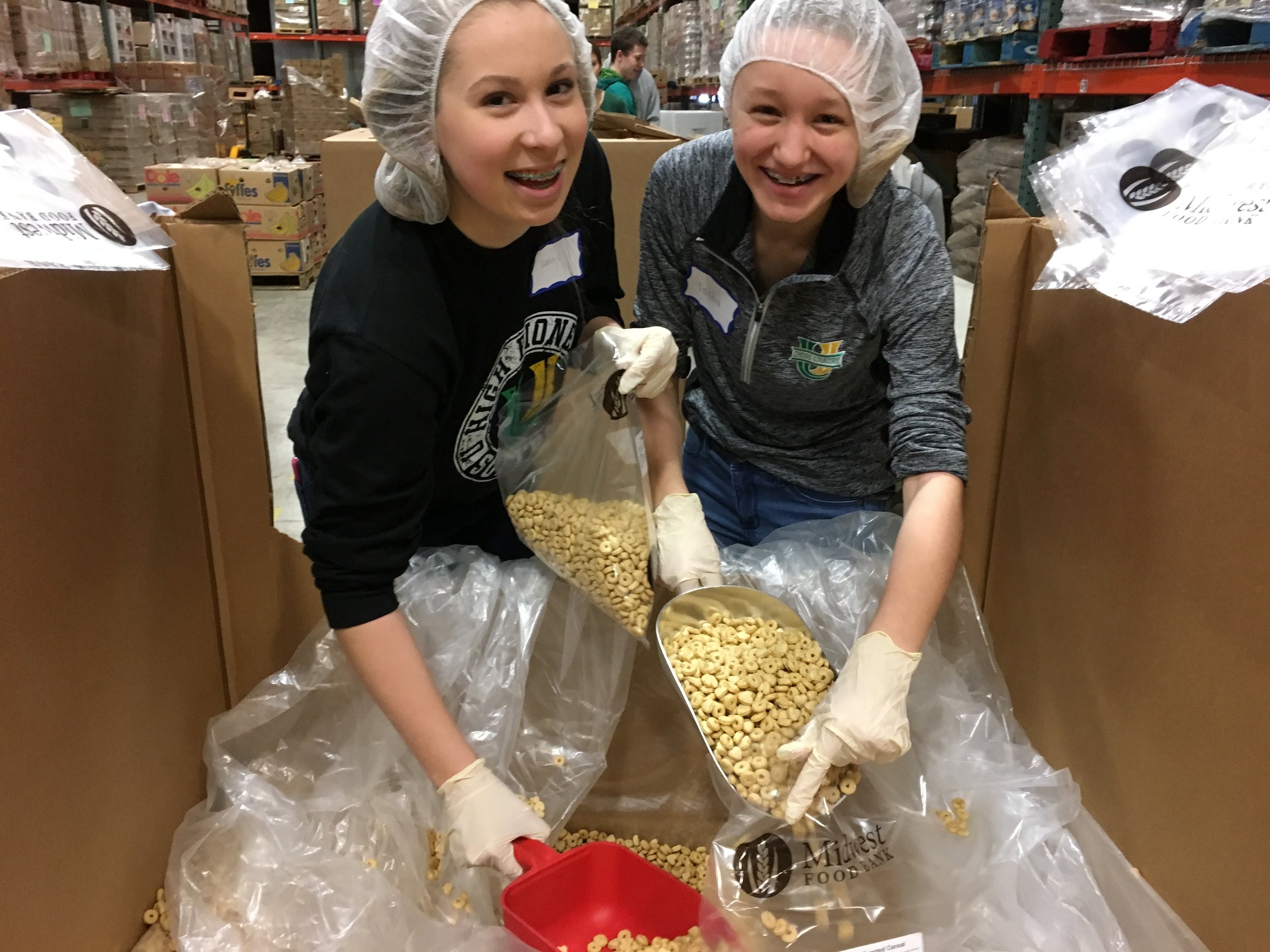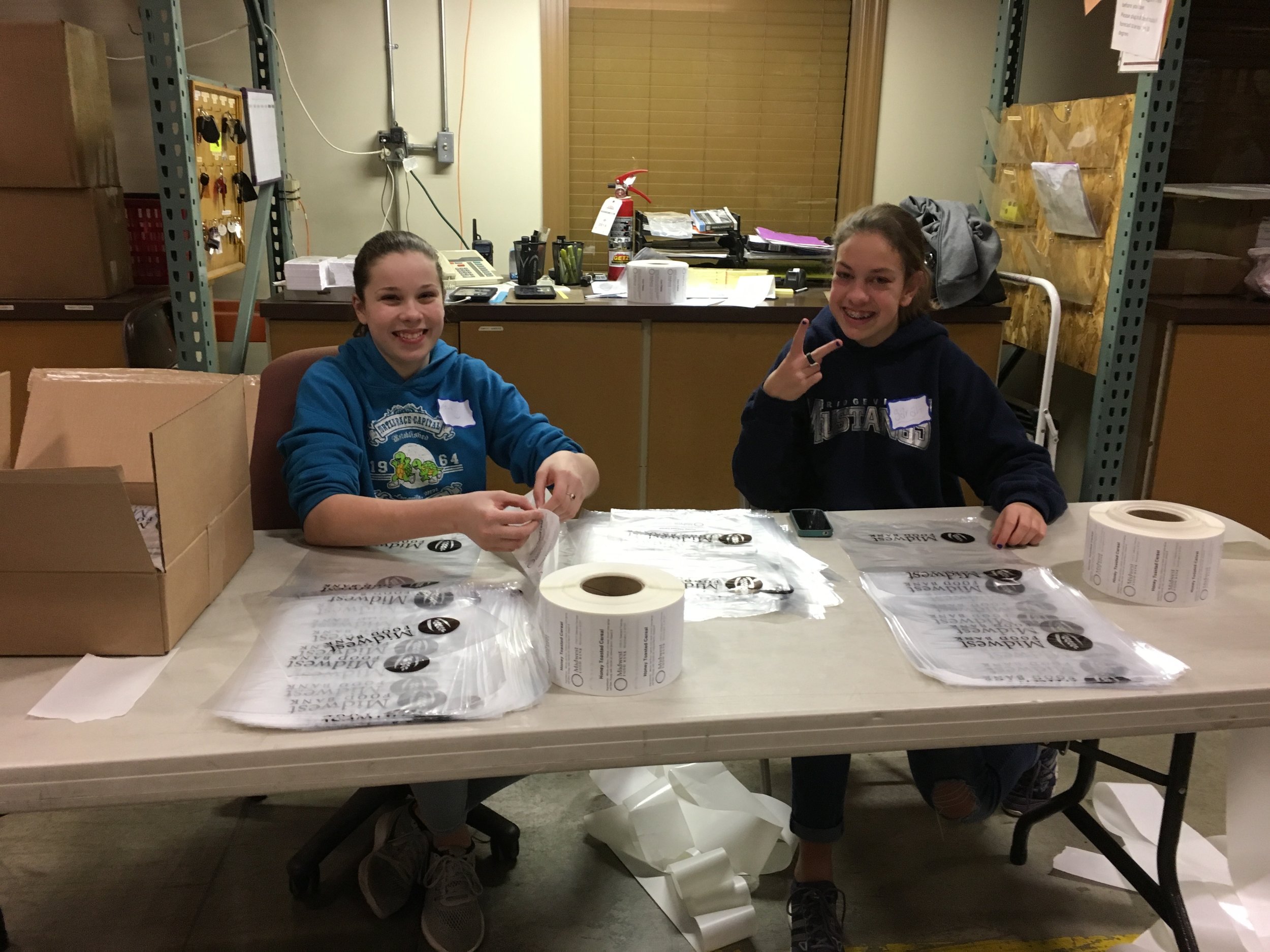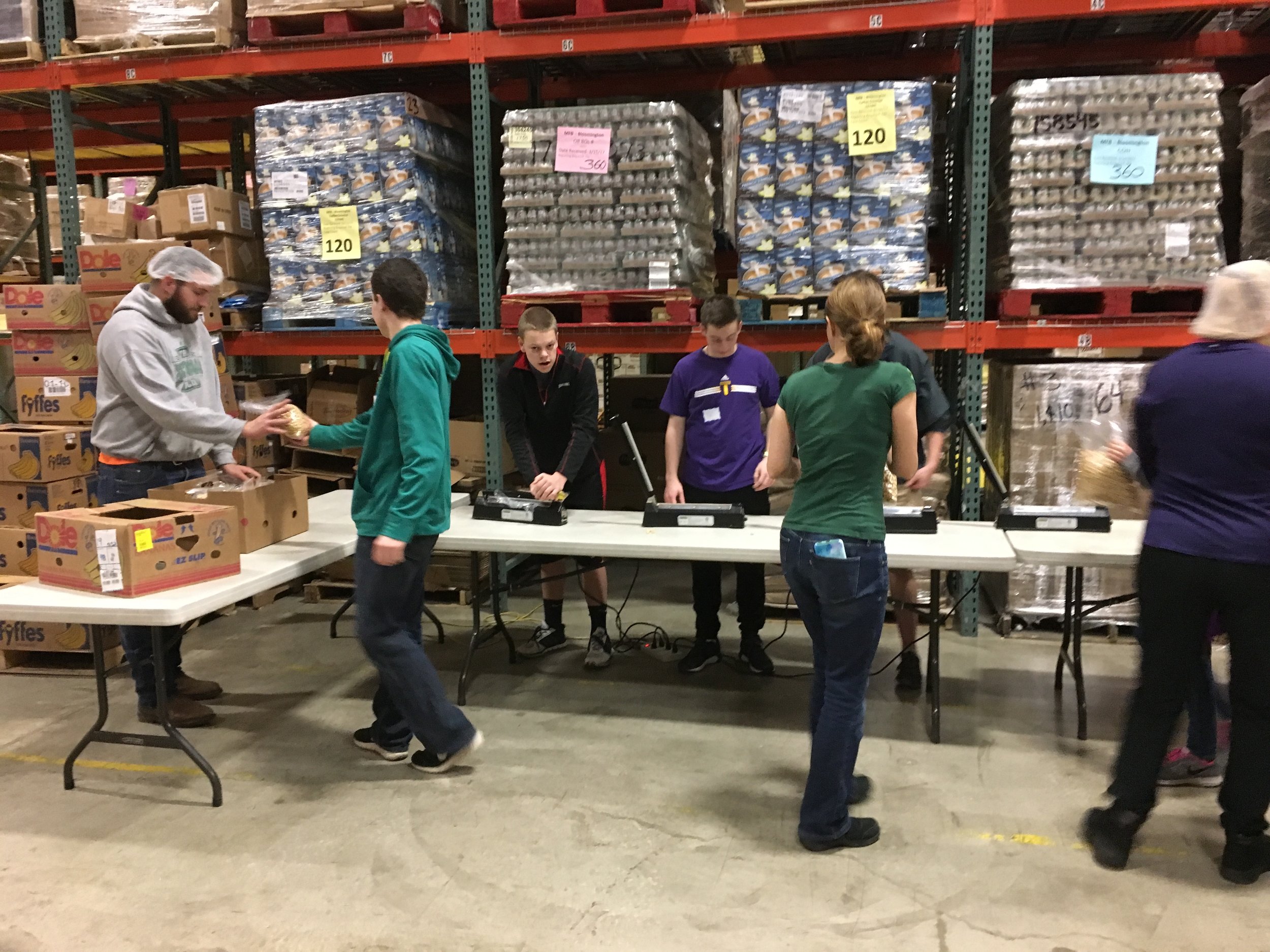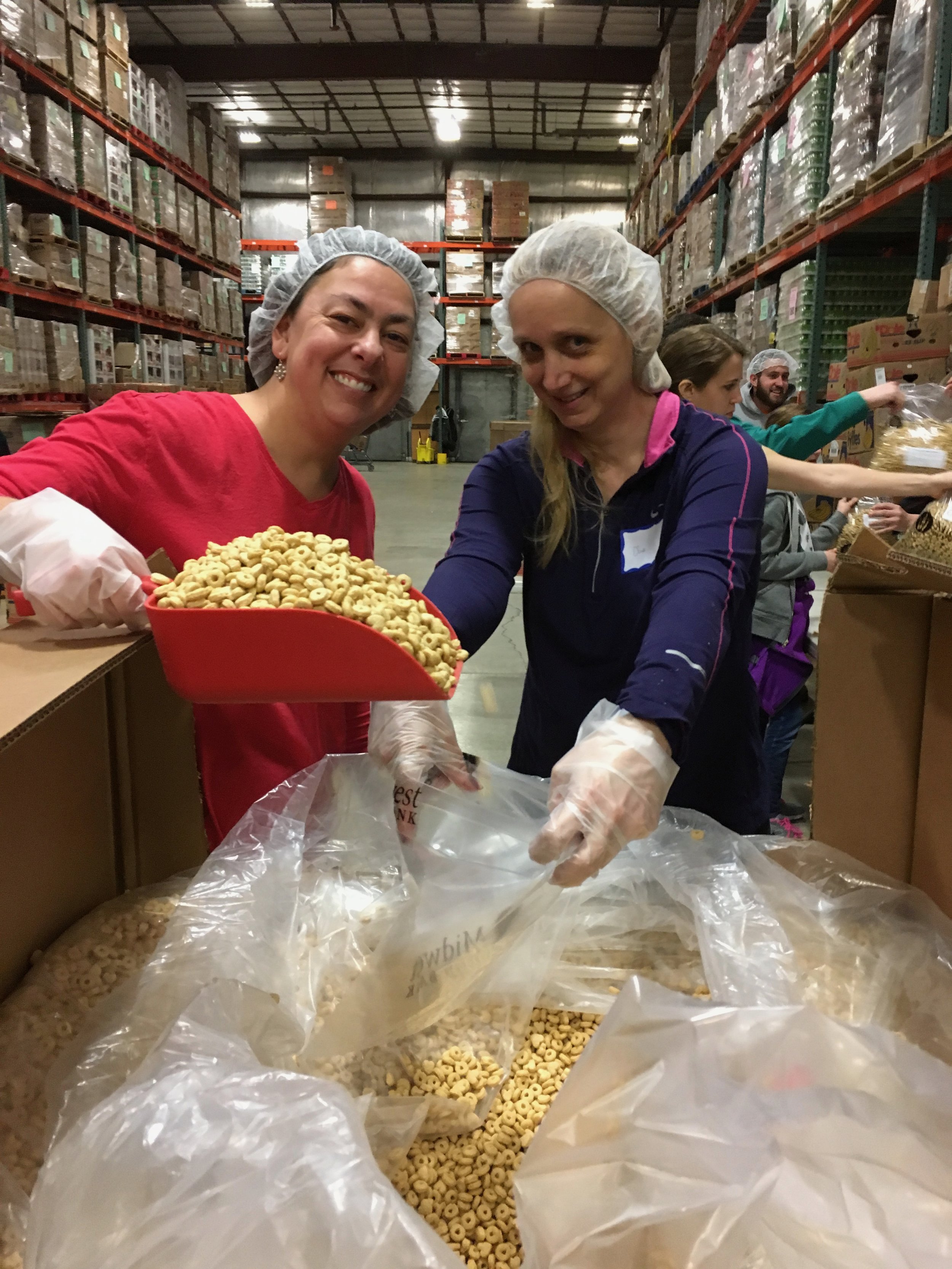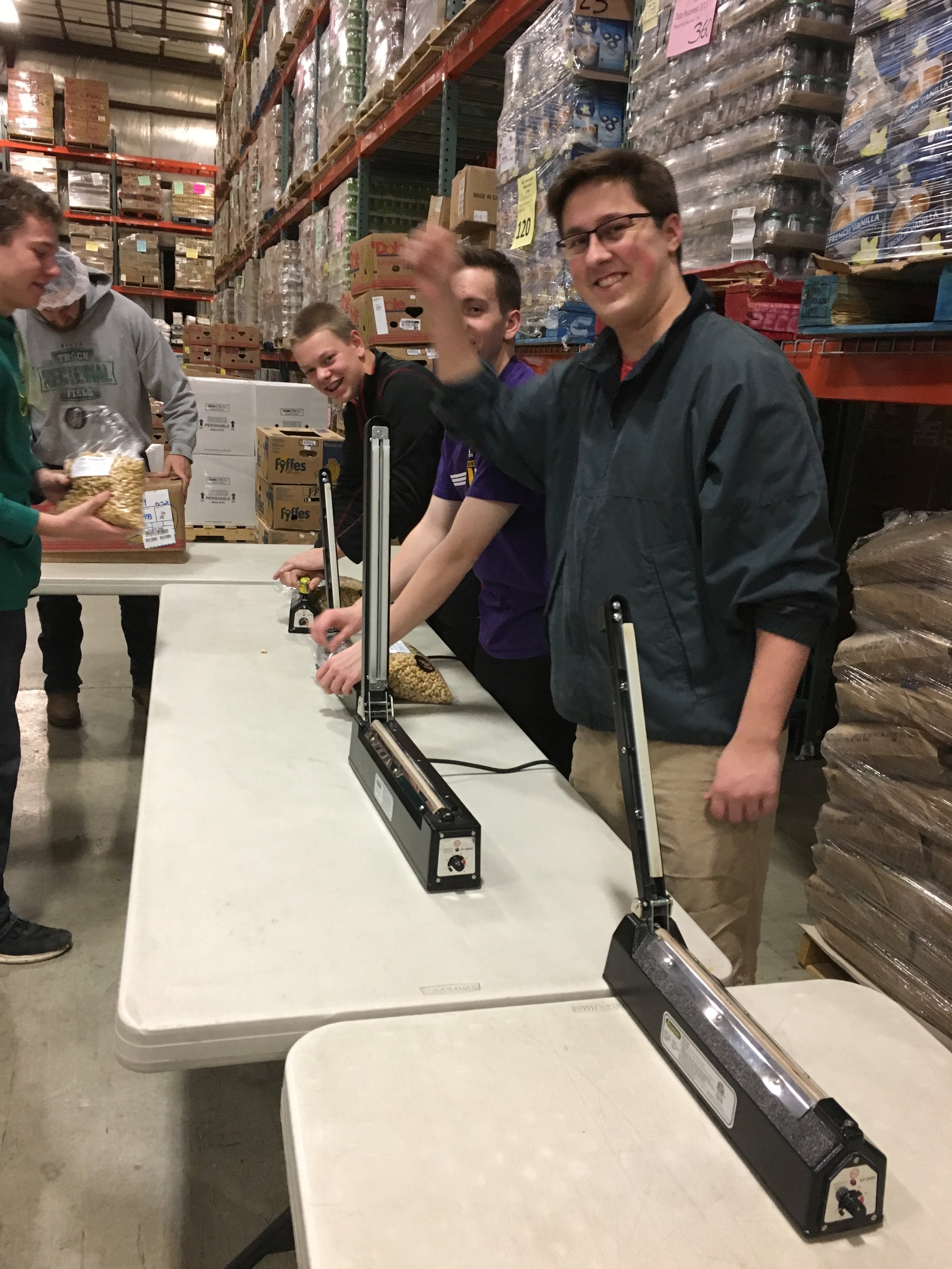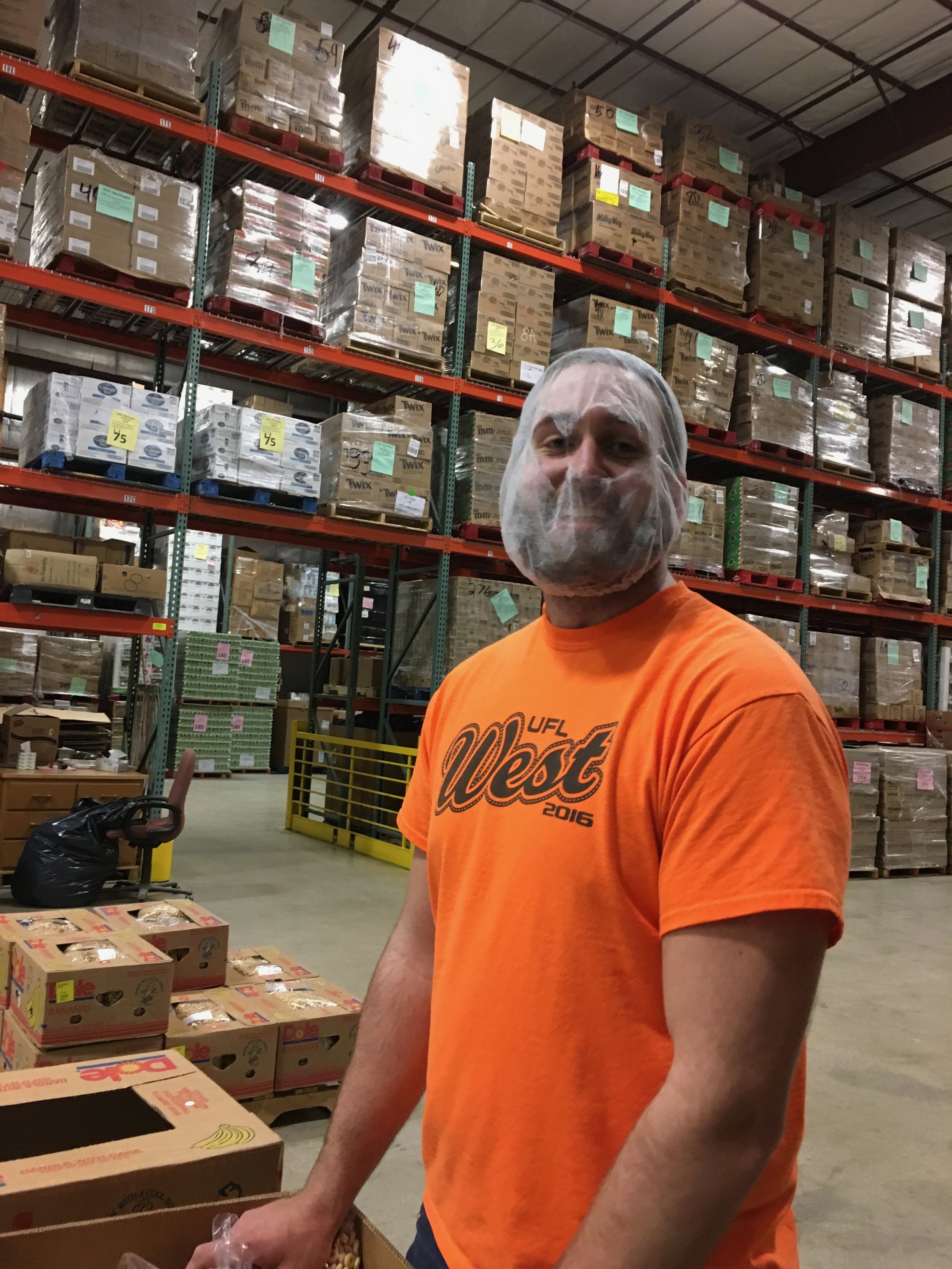Today is a turning point in Mark’s gospel, when Jesus begins to speak openly about the trajectory his ministry his taking—toward suffering, rejection, death, and resurrection. Throughout this week, in between other stories, Jesus will repeatedly try to get it into the disciples’ heads who is truly is and what is going to happen. In doing so, he turns upside-down our usual way of thinking about power, greatness, and success. Today, he confirms Peter’s claim that he is the Messiah, but immediately turns around to confront Peter about what he thinks that even means. For Peter, the Messiah suffering and dying makes no sense. For Jesus, it is exactly God’s way of doing things. Jesus beckons the whole crowd and throws down the gauntlet: “Following me means marching into your execution. You must die every day. You can’t run from suffering or seek to save yourselves."
Ignatius is relentless in his focus on Jesus’ way of suffering and self-sacrifice. In pursuit of becoming more like Jesus, he identifies three kinds of humility, respectively characterized by obedience, spiritual freedom, and actual preference for poverty and rejection in the world. We will reflect on these three stages this week as we listen to Christ’s call to follow him into suffering and death.
- Read Mark 8:27–9:1.
- Ask God for the humility and obedience to lose yourself.
- Hear the boldness of Peter’s confession: “You are the Messiah.” Then, as Jesus tells them he is going to suffer and die and Peter protests, hear the tone of Jesus’ rebuke: “You are setting your mind not on divine things but on human things.” As Jesus addresses the whole crowd, what is the vibe? Is there enthusiasm, confusion, outrage, or uneasiness?
- Reflect on Ignatius’ first kind of humility—to be so obedient that you would not violate God's word and will for anything, even to save your own life. How do you see Christ living this humility? How can it become real in your life?
- Listen to Jesus speaking to you: “If you want to become my follower, take up your cross daily and follow me. For those who want to save their life will lose it, and those who lose their life for my sake, and for the sake of the gospel, will save it.” Respond with your genuine questions and concerns. Don’t hold back. Tell him he’s a ridiculous masochist. Tell him you’re scared. Give him your whole and honest impression of his way of doing things.


















